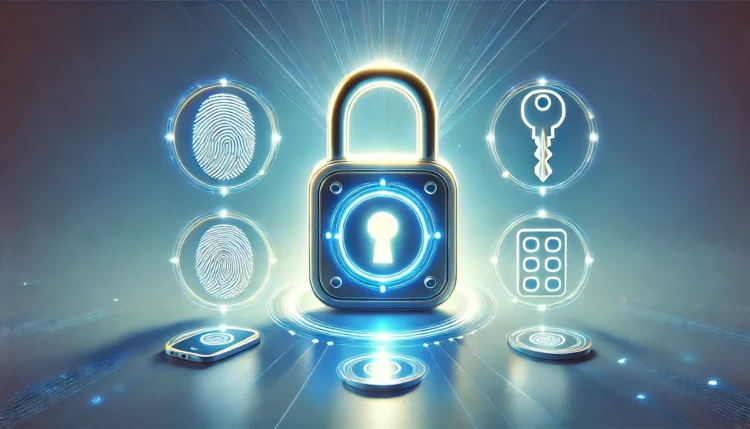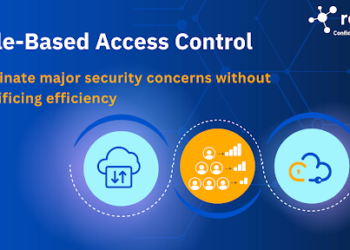The Growing Pressure to Strengthen Authentication
Businesses worldwide are feeling the heat as cybersecurity threats become more sophisticated and regulations tighten. Multi-factor authentication (MFA) mandates are at the forefront of these changes, demanding that organizations adopt more robust security measures to protect sensitive data. From financial institutions to healthcare providers, compliance with MFA is no longer a recommendation—it’s a requirement. For businesses, the question isn’t whether to adopt MFA but how to implement it effectively and without disrupting workflows.
What Are Multi-Factor Authentication Mandates?
MFA mandates are regulatory requirements that compel organizations to implement authentication systems involving more than one verification factor. Typically, these factors include something the user knows (a password), something they have (a smartphone or token), or something they are (biometric data). Regulatory bodies like GDPR in Europe and HIPAA in the United States emphasize the necessity of MFA, especially in industries handling sensitive data. By using multiple factors, MFA significantly reduces the risk of unauthorized access—even if one factor, such as a password, is compromised.
Why Are MFA Mandates Becoming More Common?
The increase in MFA mandates reflects the growing awareness of the limitations of single-factor authentication. Passwords, often the sole line of defense, are easily compromised through phishing, brute force attacks, or credential stuffing. According to the Verizon Data Breach Investigations Report 2023, 74% of breaches involved credential theft. Regulators and industry leaders are recognizing that relying solely on passwords is insufficient in today’s threat landscape, making MFA a cornerstone of modern cybersecurity strategies.
Echoworx Steps Up with Identity-Driven Security
In response to this urgent need, Echoworx has rolled out enhanced authentication measures, including two-step verification (2SV) for OAuth logins and passwordless authentication options for encrypted email communication. These features allow businesses to meet MFA requirements while maintaining a streamlined user experience. By integrating 2SV into workflows that previously bypassed such measures, Echoworx ensures that organizations can bridge gaps in their security frameworks without adding unnecessary complexity.
Real-World Consequences of Non-Compliance
Failing to adopt MFA can have dire consequences. In 2021, the Colonial Pipeline ransomware attack disrupted critical energy infrastructure, with reports indicating that compromised credentials played a role. Similarly, in the healthcare sector, breaches involving weak authentication have exposed millions of patient records, leading to hefty fines under HIPAA. Businesses that delay implementing MFA risk not only regulatory penalties but also severe reputational damage and financial losses.
The Challenge of Balancing Security and Usability
Adopting MFA mandates isn’t without challenges. Businesses often struggle to find solutions that provide robust security without frustrating users. Traditional MFA methods, such as SMS-based codes, can be cumbersome and prone to interception. Solutions like those offered by Echoworx address this tension by integrating secure yet user-friendly authentication options, such as passkeys and app-based 2SV, into existing workflows. This ensures compliance while maintaining a positive user experience.
The Role of Regulatory Pressure in Driving Adoption
Regulatory frameworks are playing a pivotal role in pushing businesses to adopt MFA. For example, the Payment Services Directive 2 (PSD2) in Europe requires strong customer authentication (SCA) for electronic payments, mandating at least two authentication factors. Similarly, the Cybersecurity Maturity Model Certification (CMMC) in the U.S. emphasizes MFA as a core requirement for contractors working with federal agencies. These mandates leave little room for businesses to delay action.
How MFA Enhances Cybersecurity Posture
MFA doesn’t just help businesses comply with regulations—it also significantly strengthens their cybersecurity posture. By requiring multiple factors, MFA makes it exponentially harder for attackers to gain unauthorized access. For instance, even if an attacker steals a user’s password, they would still need the second factor, such as a biometric scan or device-based token, to breach the system. This layered approach drastically reduces the risk of credential-based attacks, which remain one of the most common entry points for cybercriminals.
Future-Proofing Security with Passwordless MFA
As businesses look to the future, many are exploring passwordless MFA as a long-term solution. Passwordless systems use cryptographic keys, stored on user devices, to authenticate without relying on passwords. Echoworx’s integration of passkeys into its authentication offerings reflects this trend, combining the benefits of MFA with the simplicity of passwordless login. Such systems not only enhance security but also reduce the operational overhead associated with password resets and user lockouts.
The Time to Act Is Now
The cybersecurity landscape is evolving rapidly, and businesses that fail to adapt risk falling behind. MFA mandates represent a necessary evolution in how organizations approach authentication. By adopting robust, identity-driven solutions like those introduced by Echoworx, businesses can protect themselves from evolving threats, ensure regulatory compliance, and maintain user trust. The clock is ticking, and the time to act is now. Implementing MFA is no longer optional—it’s a critical step toward securing the future.













